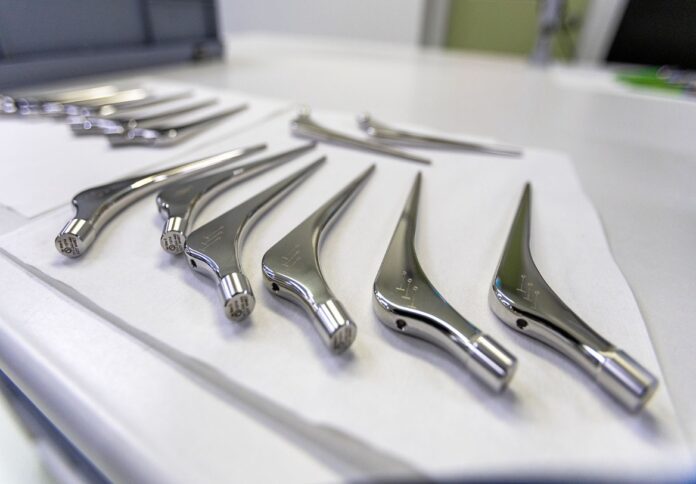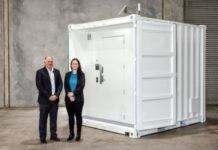
Signature Orthopaedics has forged a strategic alliance with Medtech researchers from the University of Melbourne and RMIT University in a move set to fuel advancements in the medical technology (Medtech) and manufacturing sector.
The joint initiative seeks to combine the knowledge of these organisations in biomedical engineering, health sciences, technology advancement, and design with Signature Orthopaedics’ groundbreaking expertise in medical technology, the university said in a news release.
Declan Brazil, CEO of Signature Orthopaedics, highlighted the partnership’s focus on collaborative research and development (R&D) in specialized areas of clinical and technological innovation.
“Together we will develop a clinical test bed for new materials, designs and methods in orthopaedic implants and devices, and connect our joint talent to amplify scientific and industry leadership across Australia’s growing Medtech sector,” he said.
The CEO added, “This partnership’s goal is to bring to market new and personalised medical implant technologies that can improve health outcomes and quality of life.”
This collaboration fortifies Melbourne’s standing as a burgeoning hub for Medtech research, education, and commercialization, complementing substantial investments by the Victorian Government and both universities in Medtech training and skills enhancement.
Notable initiatives include the Victorian Medtech Skills and Devices Hub and the forthcoming Aikenhead Centre for Medical Discovery, poised to be Australia’s premier biomedical engineering research translation centre.
Distinguished Professor Milan Brandt, technical director of RMIT’s Advanced Manufacturing Precinct, hailed the partnership as a catalyst for pioneering medical innovations with global impact, citing the potential for novel medical products and processes to benefit patients worldwide.
While the partnership builds upon existing collaborative efforts, RMIT revealed projects under this tripartite alliance are slated for announcement in the upcoming months.
Professor Peter Lee of the University of Melbourne’s Department of Biomedical Engineering emphasised the transformative potential of these projects in directly impacting patients’ lives.
“The advantages of working directly with implant manufacturers such as Signature Orthopaedics and with clinicians from hospitals at the early stages of the project are immense,” he said.
The professor elaborated, “It enables us to identify the project’s ‘pain points’ early and develop solutions to overcome them. Unlike the traditional idea of prototyping when technology is nearly finalised, this partnership will accelerate our research for clinical applications benefiting patients.”
Signature Orthopaedics, founded in Sydney in 2009, is Australia’s sole manufacturer of implantable orthopedic devices.
The company manufactures a wide range of products under its own brand and for device labels, encompassing hip and knee joint replacements, spinal implants, osseointegration devices, osteosynthesis equipment, and soft tissue repair implants.




















